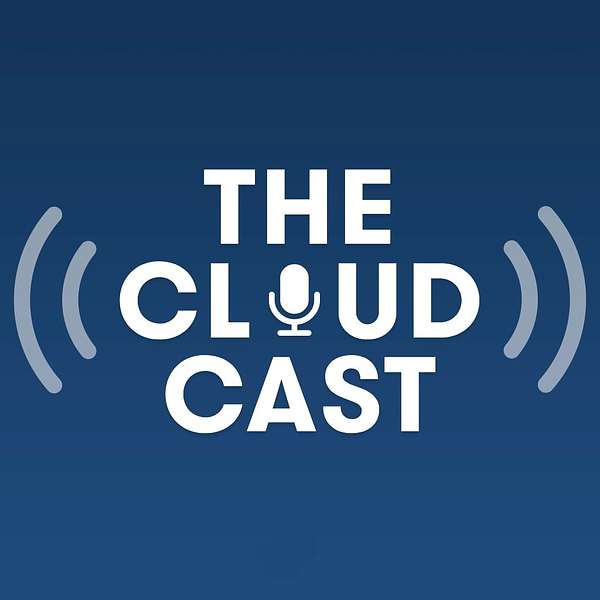
The Cloudcast
The Cloudcast (@cloudcastpod) is the industry's #1 Cloud Computing podcast, and the place where Cloud meets AI. Co-hosts Aaron Delp (@aarondelp) & Brian Gracely (@bgracely) speak with technology and business leaders that are shaping the future of business. Topics will include Cloud Computing | AI | AGI | ChatGPT | Open Source | AWS | Azure | GCP | Platform Engineering | DevOps | Big Data | ML | Security | Kubernetes | AppDev | SaaS | PaaS .
The Cloudcast
The Cloudcast #279 - Understanding Kubernetes Operators
•
Aaron Delp and Brian Gracely
Brian talks with Brandon Phillips (@brandonphilips, CTO at @CoreOS) about “Operators” and the evolving capabilities to help companies operate Kubernetes and manage the application around Kubernetes.
Show Links:
Show Links:
- Get a free eBook from O'Reilly media or use promo code PCBW for a discount - 40% off Print Books and 50% off eBooks and videos
- Introducing Operators - Putting Knowledge into Software (including FAQ)
- "bootkube"
- Brandon’s 1st visit to The Cloudcast (Eps. 107 - 2013)
Show Notes:
- Topic 1 - Before we dig into some of the new stuff, I’d like to get your perspective on this past week at KubeCon and the state of the Kubernetes community as a whole.
- Topic 2 - Let’s talk about this new concept you introduced, called “Operators”. What problem does it intend to solve and how can it help either Developers or Operations teams?
- Topic 3 - Kubernetes has been adding these more sophisticated concepts that are more application-pattern aware (e.g. ReplicaSets, DaemonSets, StatefulSets, etc.). In reading through the FAQs on your website, it says that Operators can be complementary to things like StatefulSets. Can you give us the basics of what Operators does that the other capabilities don’t?
- Topic 4 - Is there any reason Operators couldn’t also be used to manage the core Kubernetes elements (e.g. Controllers, etc.), similar to something like Cloud Foundry BOSH? Or is it mostly focused on application-level capabilities?
- Topic 5 - One of the concerns I heard from several people at KubeCon was around things like backups - both for applications and the overall environment. Can Operators play a role here?
- Topic 6 - Since each Operator is going to get built for a specific application, it seems like there is an opportunity for reuse by people in the community with similar applications. Does the CNCF (or CoreOS) plan to maintain a centralized repository of Operators, similar to what Chef/Puppet/Ansible have done in the past with their recipes, cookbooks, playbooks, etc?
- Email:show at thecloudcast dot net
- Twitter:@thecloudcastnet
- YouTube:Cloudcast Channel

